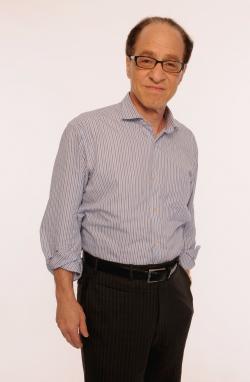On Monday at South by Southwest in Austin, Texas, Ray Kurzweil, the prolific author, scientist, and futurist, presented a keynote conversation with Time magazine columnist Lev Grossman to discuss, in the broadest terms, his vision of the future, including augmented-reality glasses, 3-D printing airplanes, and reforming our education system.
Here are three of his most interesting predictions.
1) Kurzweil, a long-time advocate of extreme human longevity, says that we will begin to think of improving our health and longevity along the same lines as writing computer programs. Genes, he argues, are essentially software—except we haven’t been able to refine them. In Kurzwell’s future, we’ll turn genes on and off, such as the genetic disposition to store calories in case nourishment isn’t available for long stretches, in a process akin to updating a phone’s operating system.
2) I always thought discussions of computers outsmarting humans belonged in Battlestar Galactica and other sci-fi tales. However, Kurzweil believes that computers will ultimately become smarter than us: They will have the resources for total recall, and their ability to understand the nuances of irony and wordplay is only getting better and better. Watson, the IBM super computer, can call up every fact in Wikipedia in a mere three seconds. At some point, Kurzweil predicts, we will begin to judge computers as sentient beings, because they appear that way to us. But he does not foresee a man vs. machine showdown; it’s much more likely that humans will just continue to work with computers in tandem.
3) Grossman asked Kurzweil whether the super tools he speaks of so enthusiastically will kept in the hands of an elite few, rather than shared by the world, a concern common in the world of emerging technologies. Kurzweil dismissed this idea: The technology around us—smartphones, computers—becomes cheaper and cheaper and more ubiquitous. That trend, he predicts, will only increase over time.
